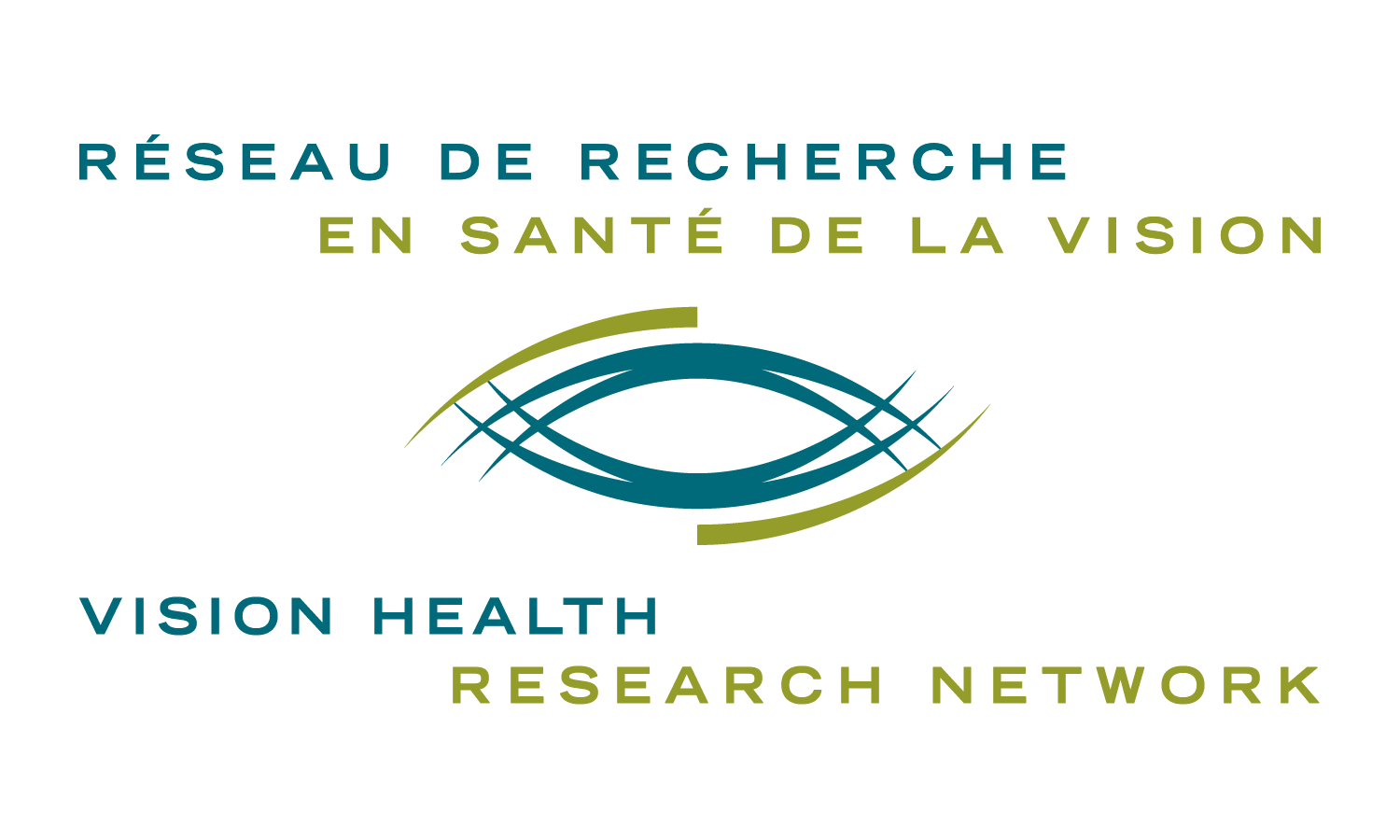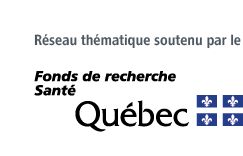Holger Gerhardt, PhD
Professor for Experimental Cardiovascular Research at Charité
Professor at the German Center for Cardiovascular Research (DZHK) and at the Berlin Institute of Health (BIH)
Spokesperson at the MDC Integrative Biomedicine
Head of Integrative Vascular Biology
Max-Delbrück-Centrum (MDC) for Molecular Medicine
Berlin, GERMANY
email: Holger.Gerhardt@mdc-berlin.de
Biography
The Gerhardt lab studies the fundamental principles and molecular/genetic regulation of functional vascular network formation in development and disease. Our goal is to advance our understanding of mechanisms and molecules controlling formation and patterning of a hierarchically branched vascular network such that we can inform, innovate and implement therapeutic approaches to mitigate cardiovascular complications, and establish or restore tissue homeostasis. We develop and use genetic tools to image and manipulate molecules, complexes and cells in spatiotemporal controlled manner in vivo in mouse and zebrafish models, as well as human vessel-on-chip microfluidic assays. We further use iteration between predictive computational modeling and experimentation to develop hypotheses and systems level understanding. Recent discoveries include the mechanism of vascular lumen formation, vessel size control, junctional dynamics, artery-vein and lymphovenous specification. Ongoing efforts ask how endothelial cells collectively integrate mechanical and chemical stimuli to achieve functional vascular patterning and study maladaptive behavior in disease.
***
Abstract
Title: Shaping the vascular tree – principles and regulation of endothelial behaviour
Recent studies identified directional migration behaviour of endothelial cells as a key mechanism in vascular remodelling. Endothelial cells appear to be able to rearrange not only locally, but move considerable distances within perfused vessels. The direction, extent and relative collectiveness of this astonishing behaviour can determine whether individual vessel segments are stabilized or pruned away, change their diameter, and potentially even their fate along the arterio-venous specification spectrum. Failure to properly coordinate and balance directional migration and cell proliferation appears to trigger formation of vascular malformations. Blood flow-dependent apical shear forces are critical for vascular remodelling, and directly impact this directional endothelial migration. Yet, how endothelial cells manage to perform these feats without compromising vascular integrity, what molecular players regulate onset, direction and completion of these processes remains poorly understood. Our recent work on dynamics and regulation of endothelial junctions and in particular junctional actin networks identify new players, and quantitative principles, as well as selective cellular heterogeneity of this behaviour that jointly establish regular vascular patterns. I will provide an update of our current understanding and approaches, and highlight new molecular regulators of this process.


